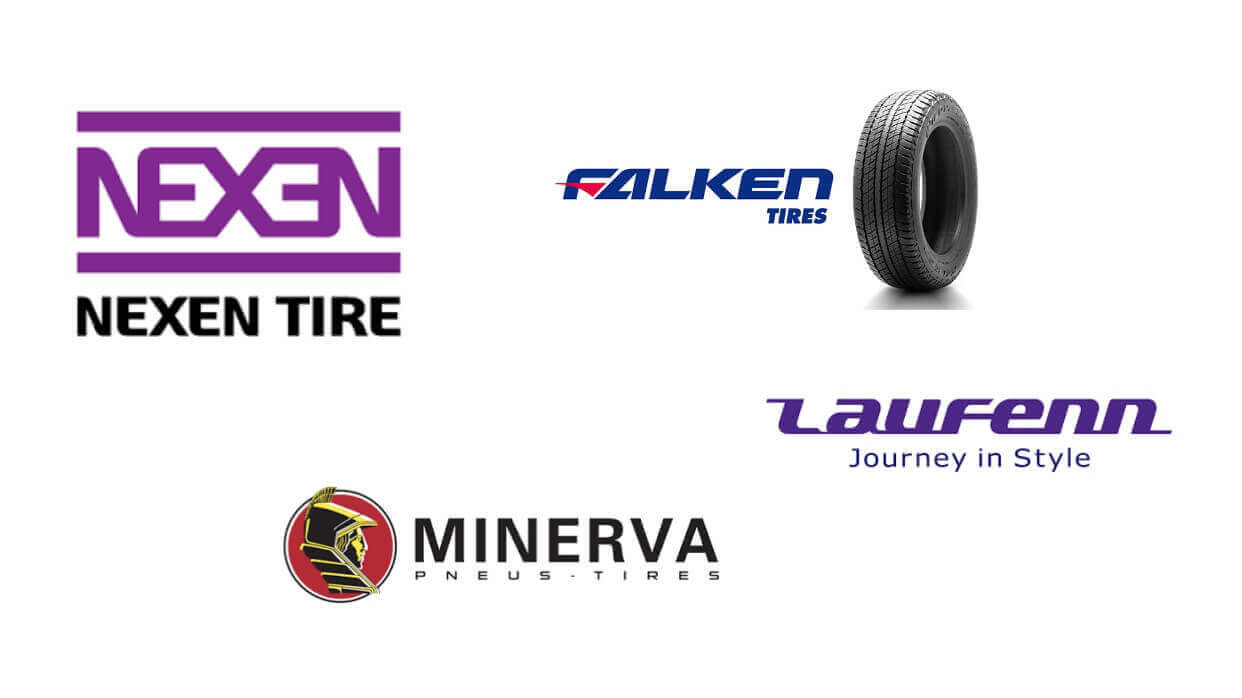The summer season is finally here, and with it also comes camping season. If you’re more of a luxury camping type, maybe you have a recreational vehicle that follows you on all your vacations. With an RV, you don’t need tents and stakes, because you can literally carry your house with you!
Of course, this impressive size vehicle comes with its share of mechanical challenges, especially when it comes to tires. In order to accommodate this weight while still allowing for great handling, especially while turning, the tire material must be very flexible, yet strong. Since we don’t use it every day for most of the year, it can be easy to ignore the condition of our RV’s tires. To remedy the situation, here’s everything you need to check for while inspecting your tires before you leave on vacation this summer.
Premature wear
A recreational vehicle tire is generally considered to have a life span of between 5 and 10 years. Before five years, the tire is in optimum condition, after ten years, it is best to change it. However, there are many factors that can change this and cause premature wear. A tire that has been exposed to a lot of sunlight, for example, will be much more fragile. The solution? Simply protect them from UV rays with, for example, protective cases or sprays.
Tire Pressure
If you notice uneven groove wear, it is probably due to your tire pressure. An over-inflated tire, for example, will be much more sensitive to scratches and blows and will wear out more at the tread level. In addition to reducing handling and increasing the risk of a flat tire, a poorly inflated tire can also increase your gas bill significantly. Since a vehicle of this size already consumes a lot of fuel, the effect of improperly inflated tires can be drastic. During the winter season, it is recommended that you increase your tire pressure by 1 to 1.5 bar above the usual pressure. While this will help them survive this long period of immobilization, don’t forget to deflate them a little bit before driving again the following year!
Change your tire
Need to change your tires? Don’t panic. It’s an easy task when you know the different options on the market. In fact, it’s important to choose the right type of tire for your vehicle. Tires for light trucks, for example, will have stiffer walls than a trailer tire, which will be flexible to help with turning. Do your research to determine the right model for your RV.
All right, you’ve checked everything? Now it’s time to go on vacation with the family. Whether you drive a few dozen, hundreds, or even thousands of kilometres, you’ll be able to travel the roads with peace of mind knowing that your tires are safe and properly inflated.





